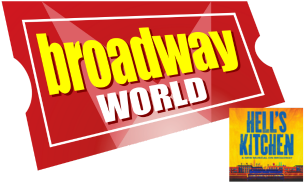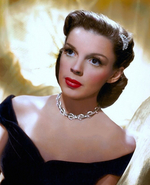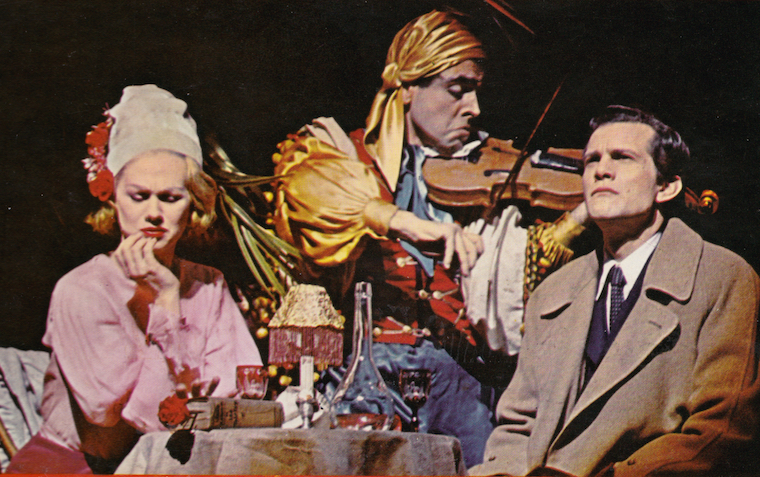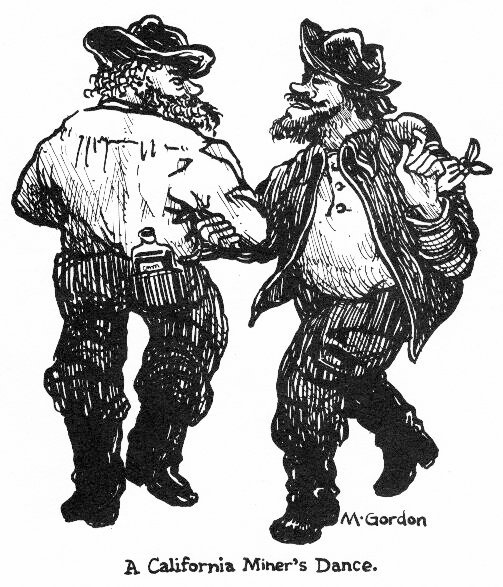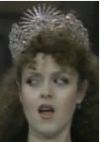Follies "Loveland" Question
Showface
Broadway Legend Joined: 6/25/14
#1Follies "Loveland" Question
Posted: 8/11/14 at 8:10am
Hi,
So, I have yet to see Follies, but I have been reading up on it a lot, and I have seen clips of it (mainly of the most recent revival and Donna Murphy's performance). So, I understand that these "ghosts" of the Follies' younger selves walk through the theater and such. Do the actual performers know those ghosts are there, or do these ghosts serve more as memories? Because before the Loveland scene, the four leads are arguing with eachother as well as the ghosts.
But, this is the point where I REALLY get confused, the setting changes to this Loveland, where the characters sing songs about themselves, and such. What? Then, everything goes back to normal after all the songs are sung.
Can anyone explain this to me?
Thank You
Updated On: 8/11/14 at 08:10 AM
mamaleh
Broadway Legend Joined: 5/11/04
#2Follies
Posted: 8/11/14 at 8:53am
I'm sure others will go into much more details than I have time for, but no, the middle-aged leads do not see the ghosts of their younger selves that stalk their memories in the old theater.
"Loveland" is the song-device that shows the present-day couples the "follies" of their youth. Ben's is last--does not know how to live, laugh or love, and doesn't love himself. When faced by truth vs. the illusions they've held onto, the scene abruptly reverts to reality, which they must all face. I saw the original 4 times back in my student days and would have gone back for more visits if it had not closed when it did. Still remains my favorite musical of all time.
Showface
Broadway Legend Joined: 6/25/14
Phyllis Rogers Stone
Broadway Legend Joined: 9/16/07
#5Follies
Posted: 8/11/14 at 10:03am
In order to explain the Michael Bennett/Hal Prince staging of the original production--and not to speak for the mostly incoherent direction of the revivals since then--think about your own life and when you confront the past in your mind.
You know how you sometimes feel like you're watching yourself? And then you begin speaking to yourself or the people in your past--either silently, or if you're a crazy person on the street (or even sometimes in your own home)?
That's what the ghosts were like in the original production: pale, gray ghostly, invisible to the guests at the party--and then all of a sudden, Sally would see herself, just for an instant. Or she would see Young Ben. Or Ben would see himself, all too clearly. Or Buddy would see the Young Sally never quite getting to the point of loving him back. Or Phyllis would see the girl she used to be...a person she actually liked, unlike the cold, hard bitch she knows she has become.
And then the ghosts would be invisible again--to the older characters but never to us.
I could go on--and have before--but get it?
#6Follies
Posted: 8/11/14 at 12:20pm
it might be good to point out (over and over and over) that "realism" is the death of Follies.
Or, to put it another way, Follies is not a "realistic" show.
Maybe it can be said thus: when watching or presenting a production of Follies, you should remember that there are elements of fantasy that must be addressed, and not to think about it the way one would a a more linear and "realistic" piece.
#7Follies
Posted: 8/11/14 at 12:28pmFOLLIES has, and should be, a surrealistic ghost story musical. Which maybe difficult to pull off on film, but on stage it takes some creativity and how the ghosts can be seen to others and sometimes they are invisible, which makes FOLLIES a memorable experience that won't be forgotten. Michael Bennett's staging of the ghosts were something else, that I can say as much from the footage I saw.
#8Follies
Posted: 8/11/14 at 12:42pm
Here--watch this silent footage from the original production (the tour, actually) synced to the soundboard.
The ghosts don't come in until the FOUR-MINUTE MARK! Just when the old broads are getting tired and unable to fulfill the supposed original choreography of the "Mirror number" (which is actually Michael Bennett's brilliantly structured evocation of period dance). the ghosts arrive, reminding them (and us!) of when they were young and agile and able to dazzle.
I still get goosebumps even watching these blurry old videos.
http://youtu.be/mgvoAr0_gt4
#9Follies
Posted: 8/11/14 at 12:43pm
The really important part of the show was "Waiting For The Girls Upstairs", where the main characters reminisce so hard that their ghosts take the spotlight and the mains watch them, beguiled and a little upset. It's a very tricky theatrical device, and the idea of Loveland is that the main characters literally bring back the past by not only arguing with each other but with their past selves about how they've wasted their lives by making wrong decisions. At the height of the argumentative chaos, the music roars and suddenly Loveland explodes around them, as you can see here:
https://www.youtube.com/watch?v=QoBRHhRMCOI
It's not easy to make out but you can see the main cast members at the beginning of the number looking around in shock - I think the book even gives them dialogue like "what's going on? what is this? what the hell?" Then, in the action, they move offstage, and the rest of the Follies sequence takes place, in which the characters have become caricatures of themselves, basically presenting their most major faults as a series of vaudeville numbers. The fantasy breaks down at the end of Ben's number, collapsing into chaos as he desperately confronts and defends his actions.
Updated On: 8/11/14 at 12:43 PM
mamaleh
Broadway Legend Joined: 5/11/04
#10Follies
Posted: 8/11/14 at 12:58pm
It never seemed to me, while watching the original production, anyway, that the couples momentarily saw a ghost of themselves. I think they were remembering themselves as they were. So in pivotal moments, fleeting images of themselves when they were younger flashed across their minds out of longing and regret. I don't think they actually "saw" the ghosts.
Updated On: 8/11/14 at 12:58 PM
Phyllis Rogers Stone
Broadway Legend Joined: 9/16/07
#12Follies
Posted: 8/11/14 at 3:11pm
The fight scene directly before "Loveland" begins is the moment when the four leads finally confront their regrets, literally arguing with their past selves. I think they are supposed to see them a little the rest of the night, but they would just assume it was their minds playing with them. During that scene they finally accept it and give in to the ghost world, starting the Loveland sequence.
Incidentally I just watched the phenomenal online footage of the original "Loveland" last night! Who would have thought it would be a hot discussion topic today?
#15Follies
Posted: 8/12/14 at 7:50am
Here is the stage direction that occurs at the center section of "Waiting Around for the Girls," when the ghosts begin to sing, from the published script:
As the young selves start to sing, BEN, PHYLLIS, BUDDY and SALLY stand close to them, seeing them; not directly but rather as if the memories were someplace in their minds. They are rapt, caught up; now one and now another sings a phrase, a word or two along with the memories.
In the Prince/Bennett staging, it was a delicate interplay of realization, the kind of brilliant "mind-F*CK" that Michael Bennett was fond of--and the kind of dazzling coup de theatre that Hal Prince has always strived for.
In all the subsequent stagings, even the most recent Kennedy Center/Broadway revival, the ghost choices were disappointingly less imaginative.
Showface
Broadway Legend Joined: 6/25/14
#17Follies
Posted: 8/12/14 at 2:02pm
Even the somewhat praised recent DC transfer of the show was directed with a dismaying literal-mindedness, with such awfulness as having the guests sitting around the stage to watch the Montage number ("Rain On The Roof," Ah, Paree!," "Broadway Baby"), as though these 4 performers mundanely gathered everyone together to watch them sing a medley that somehow, inexplicably, became a counterpoint quartet at the end.
I love that counterpoint quartet, but it only works if, as the stage directions used to point out, the 3 numbers are happening at different times, different places, which then magically blends into them all being sung at the same time. Of course, there are those who first experienced Follies in it's NY Philharmonic version, in which the counterpoint was cut because the performers just couldn't learn it, and so they prefer the Montage without the counterpoint.
Literal-mindedness shoots Follies right down out of the sky.
Updated On: 8/12/14 at 02:02 PM
#19Follies
Posted: 8/12/14 at 5:58pm


